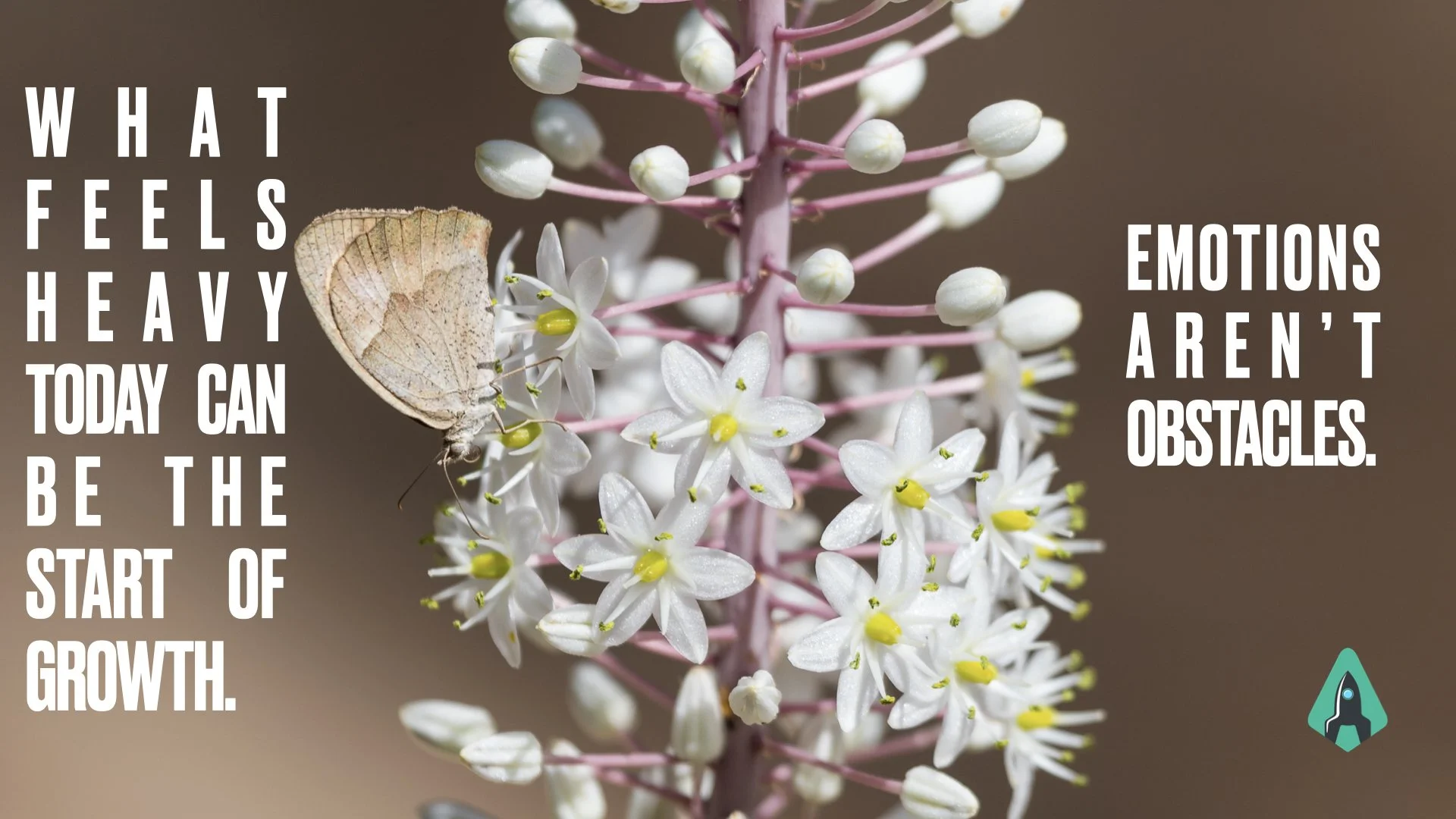From Reaction to Growth: How to Deal with Negative Emotions at Work
Emotions aren’t obstacles. They are signals.
And what feels heavy today can be the start of growth. 🦋
We all know those moments:
An important presentation is coming up.
A project went wrong.
Or feedback hit harder than expected.
Our first instinct? Push the negative feeling away. Suppress it. Pretend it’s not there.
But here’s the paradox: what we suppress often grows stronger.
Over the years, I’ve learned that dealing with uncomfortable emotions is less about fighting them — and more about transforming them. And yes, sometimes that works better, sometimes less. But every time, it helps me shift perspective and create space for growth.
5 Psychological Strategies for Handling Negative Emotions
Psychology and mental training offer several powerful techniques that can help us work with, rather than against, our emotions:
1. Reframe the Emotion
Nervous before presenting? Instead of labeling it as fear, try to interpret it as energy and excitement. This shift in perspective doesn’t erase the feeling — but it changes its quality.
2. Reframe the Situation
A crisis, a mistake, or a setback can feel crushing. But by reframing the situation as a learning opportunity or even the start of something new, you open the door to resilience and creativity.
3. Take Distance
When emotions run high, imagine watching yourself in a movie or from a bird’s-eye view. This mental distance makes it easier to observe rather than drown in the chaos.
4. Label the Feeling
Naming what you feel (“This is fear”) already reduces its intensity. Neuroscience shows that labeling emotions activates the part of the brain responsible for regulation and conscious thinking.
5. Weave in the Positive
Pair a tough memory with a positive one. Over time, your brain will literally rewire, linking both — and making the difficult memory feel less heavy.
Why This Matters for Leaders and Teams
For me, the biggest shift came when I stopped seeing negative emotions as enemies and started treating them as data. They are signals that something matters, that something is at stake.
And the truth is: in leadership, in teamwork, and in life — how we handle these signals often makes the difference between reacting and growing.
Final Thought
Negative emotions will never disappear from our professional lives — nor should they. They are part of being human. But the way we engage with them can transform not only our own growth, but also the way we lead and work together.
Reflection question:
How do you deal with negative emotions in your professional life?

